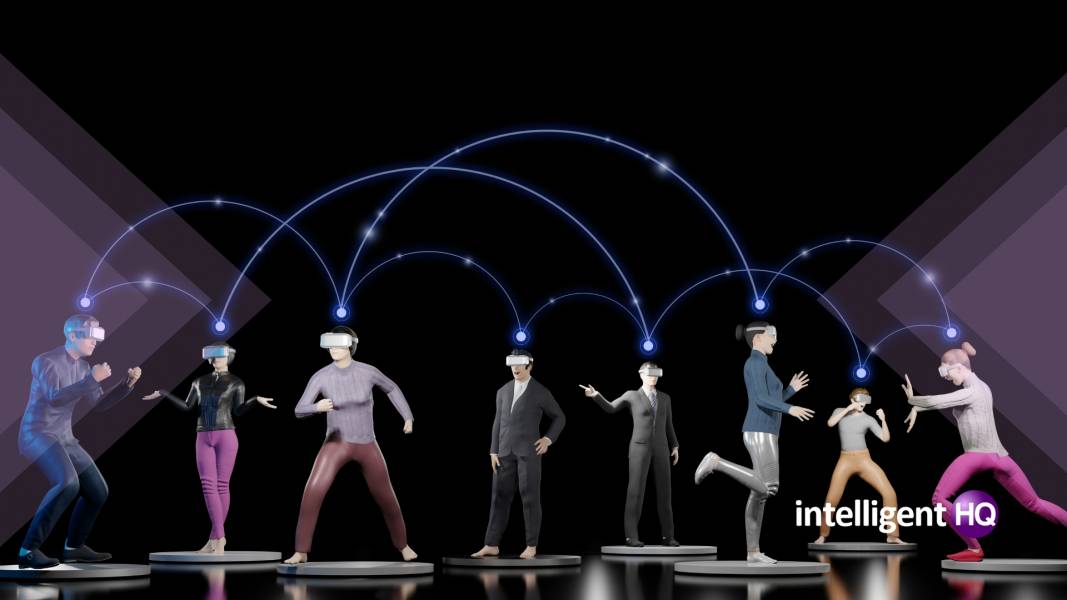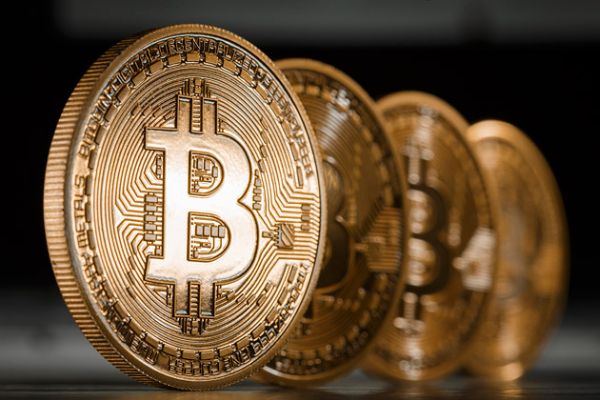To understand how Metaverse works, we should look to the principles of game theory, which is the study of mathematical models of strategic interactions among rational agents. It applies to a wide range of behavioural relations and is now an umbrella term for the science of logical decision making in humans, animals, and computers.
 This game theory model shows us how the community sets itself challenges to continue growing, as shown in Ernest Cline’s 2011 novel, Ready Player One (adapted into a film in 2018 by Steven Spielberg). In this story, people can come from online and offline with avatars and enhance entire lifestyles. It is an extreme example of the scale and potential effects of a Metaverse ecosystem becoming an entire part of the world economy; much like Facebook, Youtube and other major social media platforms have done.
This game theory model shows us how the community sets itself challenges to continue growing, as shown in Ernest Cline’s 2011 novel, Ready Player One (adapted into a film in 2018 by Steven Spielberg). In this story, people can come from online and offline with avatars and enhance entire lifestyles. It is an extreme example of the scale and potential effects of a Metaverse ecosystem becoming an entire part of the world economy; much like Facebook, Youtube and other major social media platforms have done.
Game theory studies interactive decision-making, where the outcome for each participant or “player” depends on the actions of all. If you are a player in such a game, when choosing your course of action or “strategy” you must take into account the choices of others. But in thinking about their choices, you must recognize that they are thinking about yours, and in turn try to take into account your thinking about their thinking, and so on. – Avinash Dixit, Professor of Economics, Princeton University
Game theory informs how communities in the Metaverse interact, create revenue streams, make decisions, and tell their stories. And so, the Metaverse is a new chapter in our story — one that is written not in ink, but in code. If Greek was the language of the first canonical poets, blockchain is the language of today’s history makers.
What powerful Metaverse communities are forming at present? Some names that come to mind include Ethereum-based VR platform Decentraland, or the upcoming project LynKey, which identifies ways to tokenize experiences in the digital property and tourism sector (currently valued at over $8 billion) through NFTs. As such, property and holiday resorts are creating and expanding new experiences and possibilities for the Metaverse, as well as offering new avenues for a hard-hit industry post-pandemic, and for modern travellers concerned with the impact of globe-trotting on climate change.
The Metaverse is estimated to reach over $1.53 trillion by 2030 (source: Cointelegraph, PwC) and will grow to include communication and trust from one blockchain to another, expanding over multiple cross-chain related technologies and virtual world platforms. These will multiply the experiences available to us in our daily lives, which have only ever existed so far in sci-fi movies like Blade Runner, Star Wars, or Star Trek.
What experiences, specifically? These can range from meeting a friend in the Metaverse who lives across the world; increasingly interactive virtual work calls that transport you into the office without you having to leave the house; taking up a sport from the comfort of your own home and without having to pay a gym membership; or even visiting a new country through immersive online travel. The Metaverse will make all these possible.
A Growing Concept
The concept of the Metaverse as we know it today first surfaced thirty years ago when Neal Stephenson published his iconoclastic science fiction novel Snow Crash, which portrays humans gathering and interacting in a huge multiplayer virtual world.
Familiar with the metaverse of Snow Crash, VR visionary Philip Rosedale, founder of Linden World, developed Second Life in 2003. His company created a multimedia platform that allowed people to create an avatar of themselves and have a second life in an online virtual world.
Second Life also has its virtual currency, the Linden Dollar, which can be exchanged for real-world currency. This is an early example of VR and real-world experiences coming together in a transactional exchange of value, Second Life is a pioneer of the Metaverse.
If it was once the preserve of a niche audience, it is not anymore. The Metaverse has exploded into the mainstream as the COVID-19 pandemic accelerated the development and democratization of modern technologies. Within weeks, we had swapped our physical interactions with online alternatives — communicating via video rather than face-to-face, or even organizing Zoom pub quizzes for lack of the real thing. While it felt like a downgrade for many, it was an unparalleled opportunity for others. Blockchain projects flourished, as did online summits and video streaming software.
The Creation of The Metaverse
The result of this Game theory fuelled vision will be exponential digitization of all systems and structures, spanning health, education, finance, and property assets. It will lead to the creation of digital twins for just about everything around us: art, health, and assets.
In a more futuristic vision of a global, “real” Metaverse, this could be called an “embodied Internet” where we would experience a continuous sense of presence within the digital realm. We would be able to hop seamlessly from one activity to another, and from online environments to offline ones. We could embody a whole new persona online, and demonstrate our creativity and originality through our avatar. Furthermore, we would be able to interact with other people, play music, chat, and buy virtual goods, while inside the virtual space. Additionally, we will be able to interact with other avatars or colleagues as if we are in the same room, and seamlessly shift back to the physical world.
Despite reservations from sceptics, it is not far-fetched to prefigure the Metaverse as an embodied internet. Indeed, the Metaverse will just be a part of our physical world, as real as anything else. We will soon be living, working, laughing, exercising, building relationships, and playing games in this simulated reality.
How has metaverse transformed different industries? Study suggestion for more information:Top Industries That Will Be Transformed By The Metaverse

Founder Dinis Guarda
IntelligentHQ Your New Business Network.
IntelligentHQ is a Business network and an expert source for finance, capital markets and intelligence for thousands of global business professionals, startups, and companies.
We exist at the point of intersection between technology, social media, finance and innovation.
IntelligentHQ leverages innovation and scale of social digital technology, analytics, news, and distribution to create an unparalleled, full digital medium and social business networks spectrum.
IntelligentHQ is working hard, to become a trusted, and indispensable source of business news and analytics, within financial services and its associated supply chains and ecosystems




























